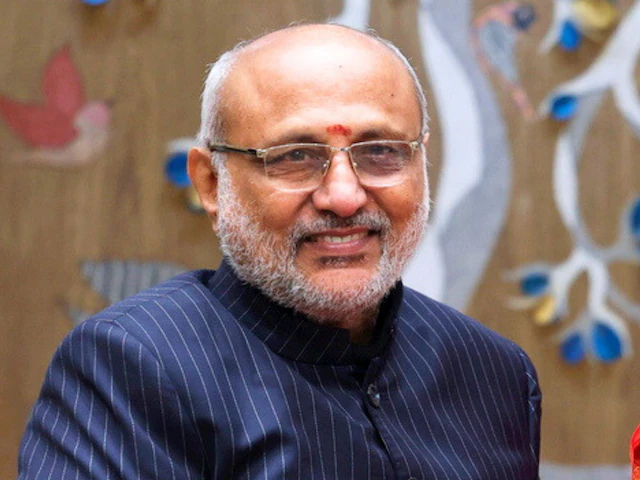In Indian politics, it is often seen that the Opposition carefully strategizes, only for Prime Minister Narendra Modi to deliver an unexpected move that leaves them unsettled. The NDA’s decision to field Maharashtra Governor CP Radhakrishnan as its Vice-Presidential candidate is being seen as one such masterstroke.
A similar situation was witnessed in 2022, when the BJP nominated Jagdeep Dhankhar for the Vice-Presidential post. At that time, West Bengal Chief Minister Mamata Banerjee found herself in a dilemma. As Dhankhar was serving as the Governor of West Bengal, she struggled to oppose his candidature despite being part of the Opposition bloc. Eventually, Banerjee extended her support to Dhankhar, highlighting the cracks in Opposition unity.
Now, a similar challenge lies before Uddhav Thackeray and Tamil Nadu Chief Minister M.K. Stalin.
For Thackeray, opposing Radhakrishnan may backfire politically. It would send a message that he went against his own state’s Governor. This concern was reflected in the immediate reaction of Shiv Sena leader Sanjay Raut, who praised Radhakrishnan as an experienced and non-controversial figure. His statement indicated that Thackeray may not openly resist the NDA’s choice and might have no option but to either remain silent or extend support.
In Stalin’s case, the situation is equally complex. Radhakrishnan hails from Tamil Nadu and has publicly identified himself as a “proud RSS cadre.” If Stalin supports him, questions may arise among DMK’s traditional voter base about endorsing a leader with RSS roots. On the other hand, opposing him would create an impression that Stalin rejected a leader from his own state. Either choice carries political risks.
At the national level, the biggest test lies before Rahul Gandhi, who has positioned himself as the central figure of the Opposition alliance. If key allies like Thackeray and Stalin are seen leaning toward supporting the NDA’s candidate, the perception of Opposition unity could weaken dramatically. This was the very challenge Gandhi’s bloc faced in 2022 when Mamata Banerjee broke ranks on Dhankhar’s candidature. If history repeats itself, questions will once again be raised on Rahul Gandhi’s ability to hold the coalition together.
Political observers note that Modi and Amit Shah’s strategy goes beyond mere electoral numbers—it’s also about psychological maneuvering. By announcing Radhakrishnan’s name, they have struck at three critical points: forcing Thackeray into restraint, pushing Stalin into a political quandary, and exposing the fragility of Rahul Gandhi’s Opposition bloc. Should prominent leaders like Thackeray and Stalin tilt toward the NDA, the cracks within the Opposition alliance will become even more visible, further reducing its bargaining power in national politics.


